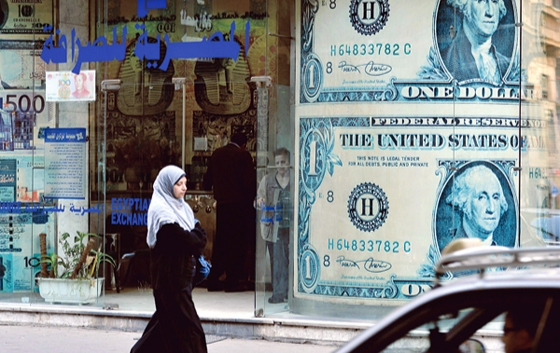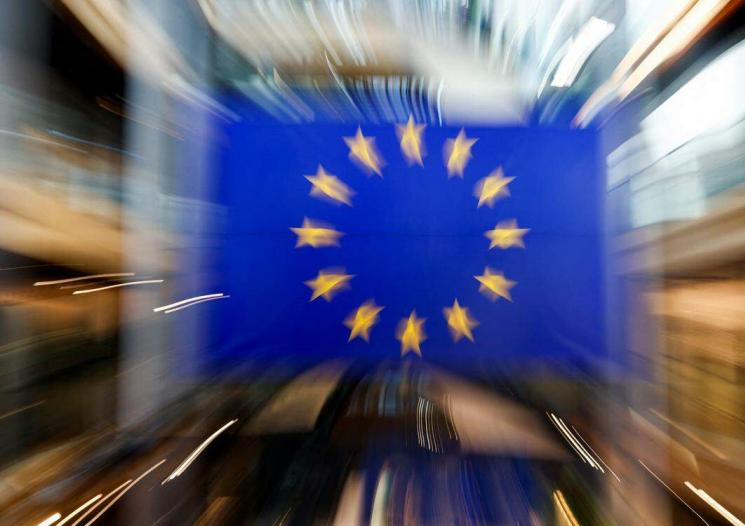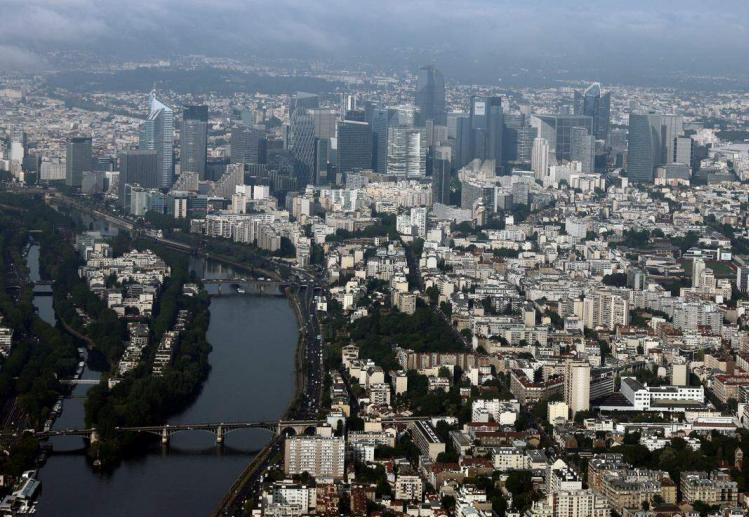At present, Egypt's economic situation is quite serious. Recently, Egypt's central bank suddenly announced that it would liberalize exchange rate control, implement market-oriented exchange rates to ease foreign exchange difficulties, and raise interest rates by 600 basis points. On the news, the Egyptian pound plunged, from 31 to 50 against the dollar, a drop of nearly 40 per cent and the steepest on record.
Judging from these figures, Egypt is facing a number of economic challenges. First, inflation is stubbornly high. According to authoritative data, Egypt's inflation rate in 2024 has reached nearly 30%, and food inflation is as high as 48%. This high rate of inflation puts enormous pressure on people's lives, resulting in a significant increase in the cost of living. Second, Egypt's foreign exchange reserves are woefully inadequate. The Egyptian government has taken a series of steps to ease the foreign exchange shortage, including liberalizing the exchange rate, allowing market forces to determine the exchange rate, and raising key interest rates. However, these measures have not fully solved the foreign exchange shortage, and Egypt still needs to seek more external financial support to stabilize the economy. In addition, Egypt faces huge debt pressures. If Egypt fails to repay its $71.57 billion foreign debt in the near future, it could be at risk of bankruptcy. To avoid the situation spiraling out of control, the Egyptian government is actively seeking cooperation with the International Monetary Fund in order to obtain loan support.
Egypt is a political, economic and demographic power in the Middle East and Africa and plays an important role in regional affairs, so why is the domestic economic situation so dire? One is that Egypt faces a depreciating currency and inflation. Since 2022, the Egyptian currency has experienced multiple devaluations at a rate that has broken global records. The government tried to curb currency depreciation and inflation by raising interest rates, but the effect was not ideal. Fluctuations in inflation and currency depreciation both increase the cost of living for people and weigh on the economy. Second, it is affected by the turbulence in the surrounding situation. The blockade of the Red Sea shipping lanes has caused Egypt's economic losses to increase sharply, in previous years, just the transit fees of various countries can account for 10% of Egypt's national GDP, and the toll fees can bring tens of billions of dollars a year. But by February, the number of ships passing through the canal was 60 percent lower than average, according to the Suez Canal Authority, and toll revenue fell 40 percent, which is expected to reduce revenue by about $4 billion this year, dealing a huge blow to Egypt's economy. Egypt's trade routes are also threatened by pirate attacks and war-torn political instability, leading to a decline in trade revenues. Egypt's tourism industry has also taken a hit, with tourism revenue expected to fall by 10 to 30 percent in 2024 compared to 2023, potentially reducing the country's foreign exchange reserves by 4 to 11 percent and causing GDP to shrink. Third, political corruption exacerbates economic decline. Egypt's government officials often put their own interests ahead of the national interest, resulting in the misappropriation and waste of financial resources, and the country's economic decline and poverty. Political corruption undermines the moral ethics and values of the society, putting public order and the rule of law at risk. Fourth, it is affected by the global economy and the US monetary policy. Successive interest rate hikes in the United States have led to capital outflows from emerging markets, and Egypt, which already has insufficient reserves, has directly run out of foreign exchange due to a massive outflow of dollars. In order to obtain a $3 billion low-interest dollar loan from the International Monetary Fund, Egypt had to resort to free exchange rate fluctuations, and there was a plunge in the value of the currency, which exacerbated Egypt's economic difficulties.
To sum up, the current economic situation in Egypt is quite severe, and the reasons for the economic recession are many. However, the Egyptian economy still has development potential, especially in sectors such as agriculture, manufacturing and services, and it is expected to achieve stable growth if the government takes a series of measures to stabilize the economy, strengthen trade, promote tourism development, combat political corruption, and strengthen cooperation with other countries.


























